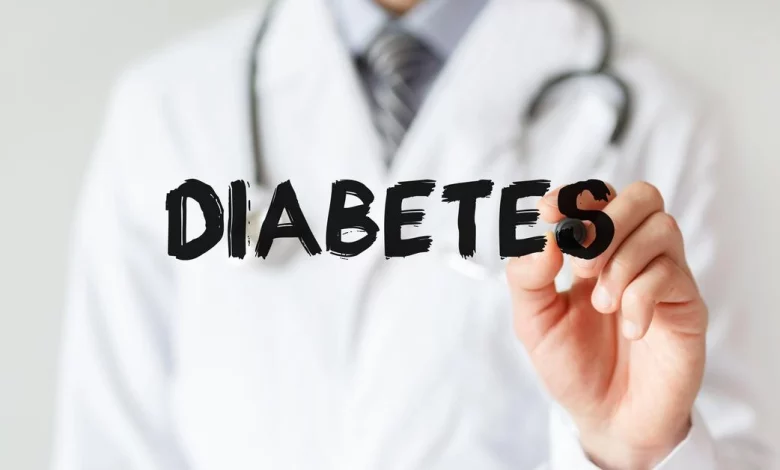Remission of diabetes, desirable, but not essential
Subject: Science and Technology[GS Paper-3]

Context: While achieving a diabetes-free India may not be feasible, the goal of creating a society without diabetes complications is attainable.
In news:
The idea of reversing diabetes has gained popularity, with many companies making bold claims about their ability to achieve this. As a result, it is crucial to carefully evaluate the advantages and disadvantages of attempting to reverse diabetes.
Diabetes:
- Diabetes is a long-term condition that occurs when the pancreas does not produce sufficient insulin or when the body is unable to effectively use the insulin it produces.
- Insulin is a hormone that helps regulate blood sugar levels.
- If diabetes is not properly controlled, it can lead to high blood sugar levels, which can cause significant harm to various systems in the body, particularly the nerves and blood vessels.
Types of Diabetes:
- Type 1 diabetes is a condition where the body does not produce enough insulin and needs regular insulin injections.
- As of 2017, there were 9 million individuals with this type of diabetes, mainly residing in wealthier nations.
- The cause and prevention methods for this condition remain unknown.
- Type 2 diabetes hinders the body’s ability to use insulin effectively, resulting in elevated blood sugar levels.
- Prolonged exposure to this condition can lead to significant harm to the body, particularly the nerves and blood vessels. However, type 2 diabetes can often be prevented by maintaining a healthy weight, engaging in regular physical activity, and considering genetic factors.
Remission of diabetes:
- The term “reversal” of diabetes is scientifically incorrect and should be replaced with the term “remission.”
- Reversal suggests a permanent return to normalcy and a cure, while remission indicates a temporary absence of diabetes.
- This concept is similar to cancer going into remission but potentially returning in a more aggressive form.
- Diabetes is a diverse condition with different types. When we discuss remission of diabetes, we usually mean type 2 diabetes.
- However, other types like type 1 diabetes have a very low chance of long-term remission.
- Individuals with type 2 diabetes have a higher chance of achieving remission if they meet certain criteria, known as ABCDE.
- A refers to having a low A1c level, B refers to having a high BMI or body weight, C refers to having good insulin secretion measured by C-Peptide, D refers to having a shorter duration of diabetes, and E refers to being motivated and enthusiastic about achieving remission.
Good Legacy Effect:
- It is important to remember that even a short period of remission from diabetes can have long-lasting benefits, as it helps prevent complications associated with the condition.
Information about India’s data:
- According to the recent ICMR-INDIAB study, there are currently 101 million people with diabetes and 136 million people with prediabetes in India.
- Lifestyle changes can prevent many of those with prediabetes from developing diabetes for a significant period of time.
- For those already diagnosed with diabetes, it is important to strive for remission, but following the ABCD guidelines for treatment can help them live a long and healthy life without complications.
Conclusion:
While it may not be possible to completely eradicate diabetes in India, our goal should be to prevent diabetes-related complications. On World Diabetes Day, let us renew our commitment to making this dream a reality.
Source: TH





.png)



